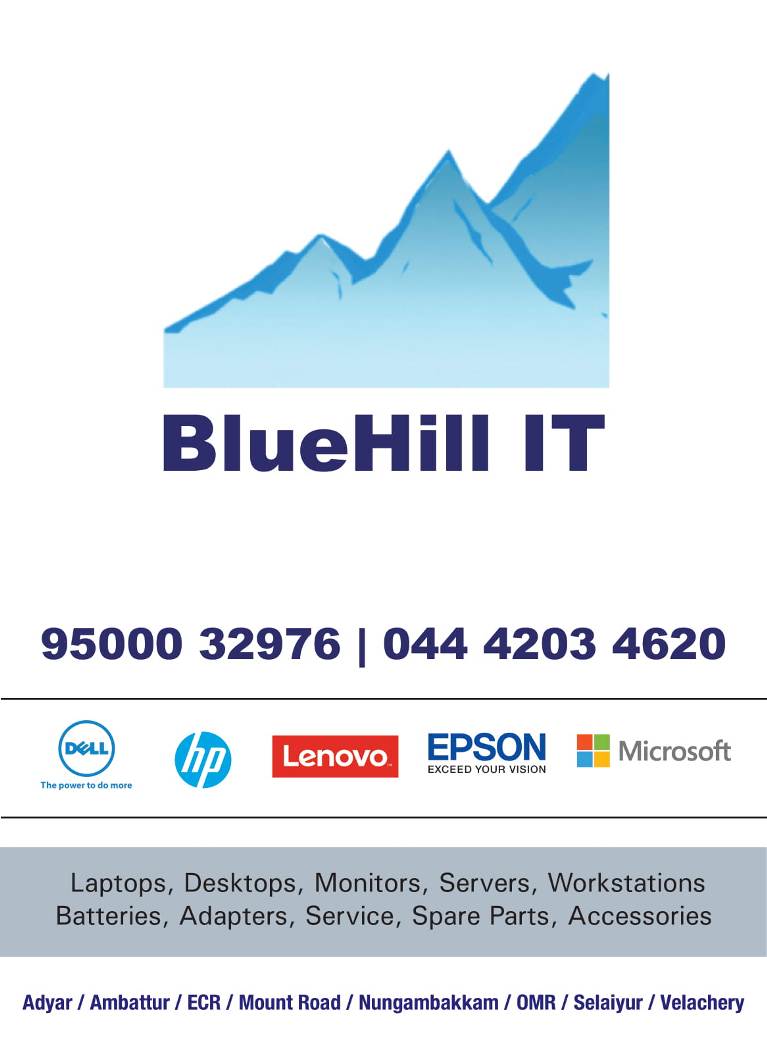The future of education is evolving rapidly, driven by advancements in technology, changing societal needs, and innovative pedagogical approaches. Here are some key trends and innovations shaping the future of education:
- Personalized Learning: The future of education emphasizes personalized learning experiences tailored to individual student needs and preferences. Adaptive learning algorithms, data analytics, and artificial intelligence (AI) enable educators to deliver customized learning pathways and assessments, optimizing student engagement and outcomes.
- Blended Learning: Blended learning, which combines traditional classroom instruction with online learning components, is becoming increasingly prevalent. Hybrid learning models leverage digital platforms and tools to facilitate interactive and collaborative learning experiences both in and out of the classroom.
- Virtual and Augmented Reality: Virtual reality (VR) and augmented reality (AR) technologies are revolutionizing education by creating immersive and interactive learning environments. VR simulations, virtual field trips, and AR-enhanced textbooks offer students engaging and hands-on learning experiences across various subjects.
- Online and Remote Learning: The COVID-19 pandemic accelerated the adoption of online and remote learning, transforming the way education is delivered worldwide. Remote learning platforms, video conferencing tools, and digital collaboration platforms have become essential components of education delivery, offering flexibility and accessibility to learners of all ages.
- STEM Education and Coding: There is a growing emphasis on science, technology, engineering, and mathematics (STEM) education to prepare students for careers in STEM fields and the digital economy. Coding and computational thinking skills are increasingly integrated into curricula at all levels to foster digital literacy and problem-solving abilities.
- Project-Based and Experiential Learning: Project-based learning (PBL) and experiential learning approaches are gaining popularity as effective ways to engage students in real-world problem-solving and critical thinking. Hands-on projects, internships, and community-based initiatives provide students with practical skills and experiences relevant to their future careers.
- Social and Emotional Learning (SEL): Social and emotional learning (SEL) is recognized as a crucial component of education to support students’ holistic development. SEL programs focus on fostering self-awareness, social awareness, empathy, and relationship-building skills, equipping students with essential competencies for success in school and life.
- Global Citizenship Education: Global citizenship education promotes intercultural understanding, empathy, and awareness of global issues among students. It emphasizes values such as tolerance, respect for diversity, and responsible citizenship, preparing students to become informed and active global citizens in an interconnected world.
- Lifelong Learning and Continuous Professional Development: Lifelong learning initiatives and professional development programs are essential for educators to stay abreast of emerging trends and innovations in education. Continuous learning opportunities empower educators to enhance their teaching practices, adapt to changing educational landscapes, and support student success effectively.
- Ethical and Responsible Use of Technology: With the increasing integration of technology in education, there is a growing emphasis on promoting digital citizenship and responsible use of technology. Educators must address issues such as digital literacy, online safety, privacy protection, and ethical use of digital resources to ensure that students develop the necessary skills and attitudes to navigate the digital world responsibly.
Overall, the future of education is characterized by innovation, flexibility, and adaptability to meet the diverse needs of learners in a rapidly changing world. By embracing emerging trends and leveraging innovative approaches, educators can create inclusive, engaging, and future-ready learning experiences that prepare students for success in the 21st century.




